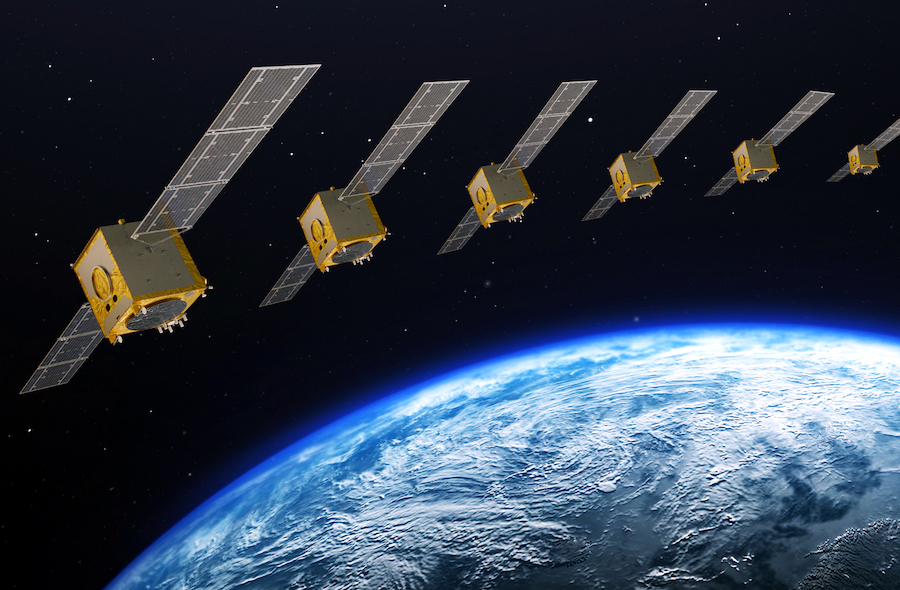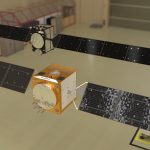GMV is currently developing the ground control segment for the in-orbit validation (IOV) system for Galileo Second Generation satellites (G2G), under a contract signed recently with the European Space Agency (ESA). The contract exceeds €200 million in value, making a total of more than €500 million in contracts signed by GMV for work on the Galileo program since 2018.
The new ground segment will be used to control two G2G satellite platforms, which are currently in the design and production phase. The system will come into operation in 2025, coinciding with the launch of the first G2G satellite.
Getting set for G2G
According to ESA, G2G satellites will be much larger than first generation (G1G) satellites, using electric propulsion for the first time and hosting an enhanced navigation antenna. Digital payloads are being designed to be easily reconfigured in orbit, enabling Galileo services providers to actively respond to the evolving needs of users.
The new electric propulsion capability, which will be used to maneuver satellites from initial orbits into final, operational orbits, will mean two satellites can be launched at once, in spite of their increased mass. On-board technologies will include inter-satellite links, enabling routine cross-checking of performance between satellites and allowing reduced dependency on the availability of ground installations. The satellites will also feature more precise onboard atomic clocks, as well as advanced jamming and spoofing protection mechanisms to safeguard Galileo signals.
The ground segment
The new ground segment to be developed by GMV will provide control and monitoring capabilities for the G2G satellites, and will mark a technological leap forward compared to current systems. Innovations will include post-quantum cryptography, deployed microservices, improved automation, and new user interfaces, among others. The improvements will ensure the ground segment remains flexible, scalable, expandable, robust, and autonomous. Particular emphasis will be placed on aspects related to cybersecurity.
In 2018, GMV began work on the G1G ground segment, of which the company has already deployed the first of two contracted versions, currently providing services to a total of 28 satellites. GMV will continue to work on the G1G and the new G2G contracts simultaneously until the end of 2026, when Galileo’s ground control segment will be unified in order to manage the full 50-satellites constellation.





